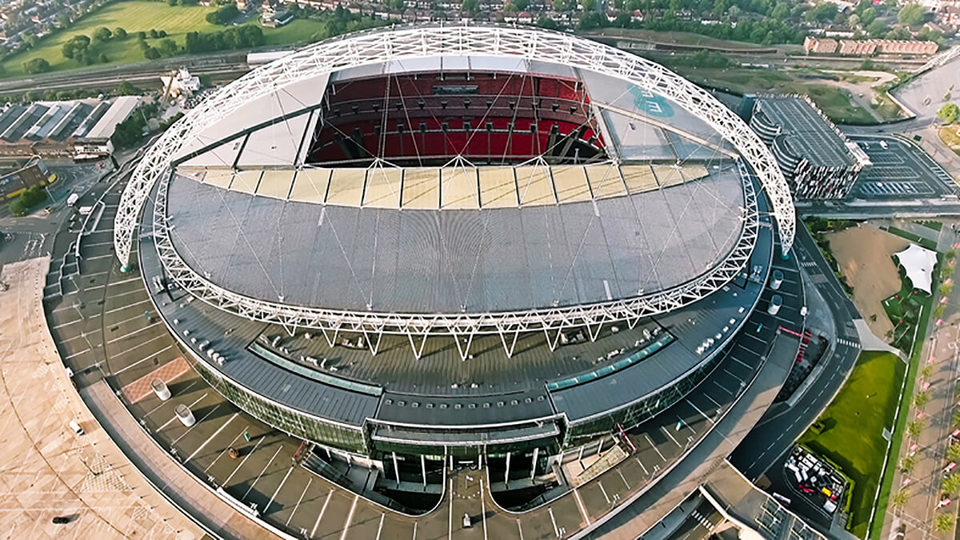Transport Minister Norman Baker today urged commuters and businesses in London to think differently about how they travel during the Olympic Games as he marked a year to go to what is likely to be one of the busiest days on the transport network.
Modelling by Games organisers predict that August 3, 2012, will see an extra three million trips made on top of the 12 million trips on public transport being made on an average London workday. This is due to it being the first day for track and field, and with events at larger capacity venues such as the Olympic Stadium, Horse Guards Parade and the Aquatics Centre the number of spectators are likely to peak.
In order to manage the increased number of people using the Capital's transport network, the Government wants commuters and Londoners to travel and work differently during the Games. For example commuters who live near work, or travel short distances within central London, are being urged to cycle or walk to work.
Those who live further away are being encouraged to try different routes; stagger their journey times to avoid the busiest periods; work remotely; or use video conferencing for meetings.
Norman Baker was speaking at BT where he was shown innovative new ways for businesses and individuals to work remotely from both home and the office.
He said: "The Games will be a once-in-a-generation test for both our transport system and our adaptability. As we edge ever closer to the Olympics, hand-in-hand with new investment must go new solutions.
"I am the first ever transport minister to have official responsibility for alternatives to travel and the Olympics will be a key time to really embrace these ideas. It's time to oil the creaking bike, dig out the walking boots, work out how to use the video conferencing equipment, and fire up the laptop gathering dust at the back of the cupboard.
"And of course Government has to play its part - at DfT we'll be cutting our travel footprint by half during the Games, with similar initiatives across Whitehall. But all businesses need to play their part too - there's plenty of help and advice out there so no excuse why we can't reduce the amount we travel during the 17 days of the Games."
In the run up to the Olympics around £6.5bn has been invested in upgrading and extending transport links including the first ever domestic high speed train in Britain, new stations, more tube trains and line extensions. And, as well as the big ticket items, investment has been put into everyday improvements such as innovative customer travel information systems and more user-friendly walking, cycling and river routes.
Stuart Hill, BT's Vice President for Central Government and 2012, said: "BT is working to make London 2012 the most connected Games ever - not just for people at home, but for organisations too. BT is working with businesses and public sector bodies of all sizes to help minimise the impact of travel disruption during the Games.
"We offer a range of communications services that will help them to boost productivity while eliminating costs. This includes our deployment of super-fast fibre broadband services, cloud-based voice and data services, secure remote working services and video conferencing. By investing in flexible working solutions such as these now, organisations can ensure they remain fit for the Games and well into the future."
Up to 800,000 spectators and 55,000 athletes, officials, organisers and members of the media will be travelling to and from the Olympic venues every day. The overall transport ambition is to reduce non-Olympics demand during the Olympics by 30%, although there will need to be larger reductions at specific stations and lines.




















Login to comment
Comments
No comments have been made yet.